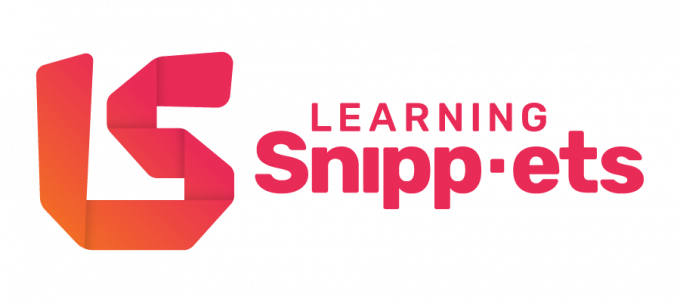In 2020, the Canada School of Public Service (CSPS) shifted to remote work with the rest of the world.
As the federal government’s lead on enterprise-wide learning, the CSPS provides a common, standardized curriculum that supports public servants through key career transitions, ensuring they are equipped to serve Canadians with excellence.
Diversity, Equity and Inclusion (DEI) is a priority of the Government of Canada and the CSPS worked with partners to create a virtual unconscious bias course for employees to better understand how their biases impact their professional and personal relationships.
Unconscious biases are discriminatory habits, also known as stereotypes, about specific groups of people. These biases occur outside of conscious awareness. Unconscious bias training disrupts these habits by empowering employees to acknowledge and challenge the ways in which their brain works to standardize information.
In order for this training to stick, practice is key.
Once employees completed the training, how could they test their knowledge in a safe environment? How could they practice?
CSPS approached Dialectic with this challenge, requiring an element of application to round out the course and provide the utmost value to their workforce.
Dialectic’s DEI-focused microlearning platform for building inclusive behaviours, Learning Snippets, offers a variety of courses to suit DEI training needs. The sole purpose of the scenario-based approach to learning is to drive real behaviour change.
The Unconscious Bias Learning Snippets program is geared towards helping participants feel more confident when handling DEI situations and engaging in allyship. The scenarios are short, interesting and engaging, to be completed spaced out over time. By introducing participants to core concepts and skills they can use, they will be able to promote and champion inclusivity in their workplace, even in remote environments.
For those that participated in the Learning Snippet program, what was the experience like?
The participants saw that the Learning Snippets offered value through real-world examples, enabling employees to put the abstract concepts into action.
To find out if Learning Snippets increased the participants awareness of Unconscious Bias and what to do when confronted with a situation where biases were at play, four interviews were conducted with members of the participant group to collect qualitative feedback about the impact of the Unconscious Bias Learning Snippet program.
Feeling more confident in addressing their unconscious biases, the group reported Snippets made an impact on their ability to apply their training to the workplace.
Participants in the Unconscious Bias Learning Snippets program experienced a significant positive shift in their motivations, attitudes and behaviours and were able to apply the concepts they’d learned in the virtual training to the scenarios.
Why? Snippets help people practice—applying these concepts to real world situations so they can use them on a daily basis to build inclusive culture.
Overall through Learning Snippets, CSPS created meaningful change in participants’ knowledge of DEI with virtually no impact on their productivity. Their workforce is now thinking about DEI in a different way, with a greater desire to learn more about DEI.
Does unconscious bias training actually work? Read more here. Ready to start your DEI journey with Learning Snippets? Try Snippets FREE! and listen to the Just One Q podcast.
Dialectic helps organizations improve the way people work, learn, and collaborate through person-centred design and the latest in social science.

Does your team struggle with learning new soft skills?
Use our app or upload Snippets to your LMS to build better habits in minutes with scenario-based microlearning.
© 2025 Dialectic. All rights reserved. | Contact Us | Privacy Policy | Terms of Use | AODA Statement
See how easy it is to activate soft skills in your organization. Soft skills training on 3 key topics: DEI, Leadership, and Collaboration.